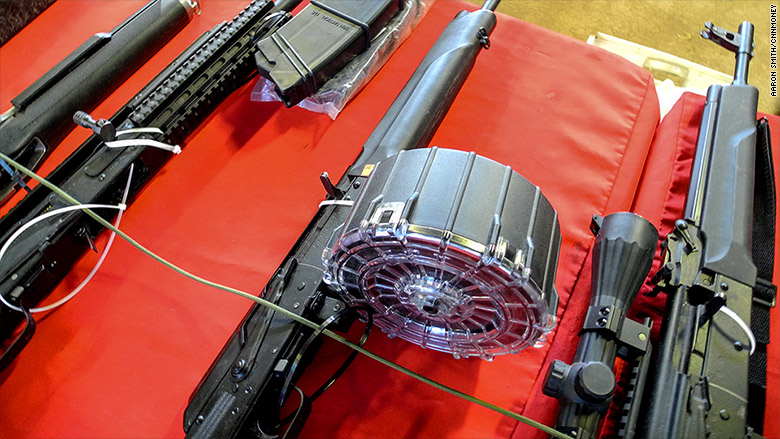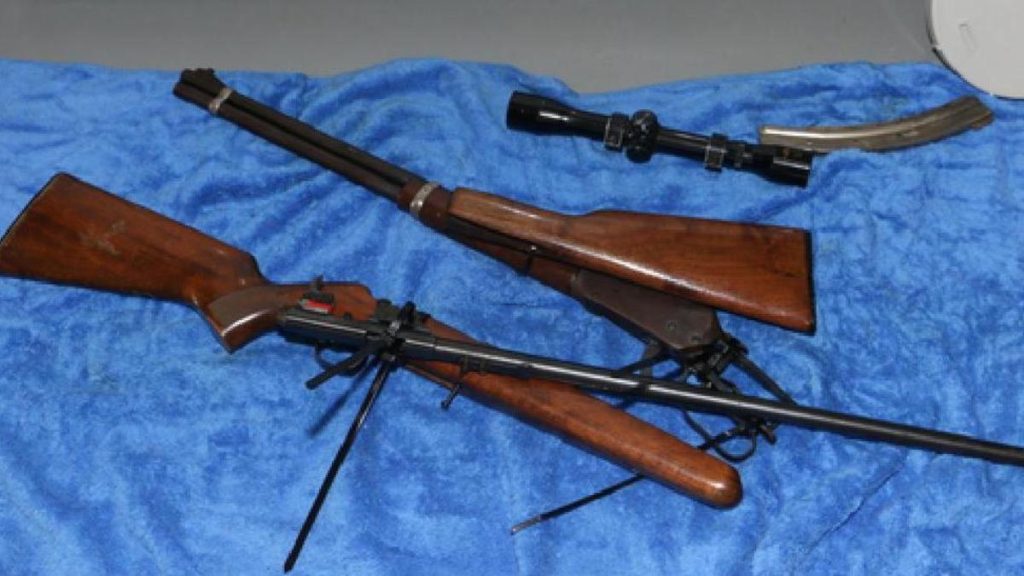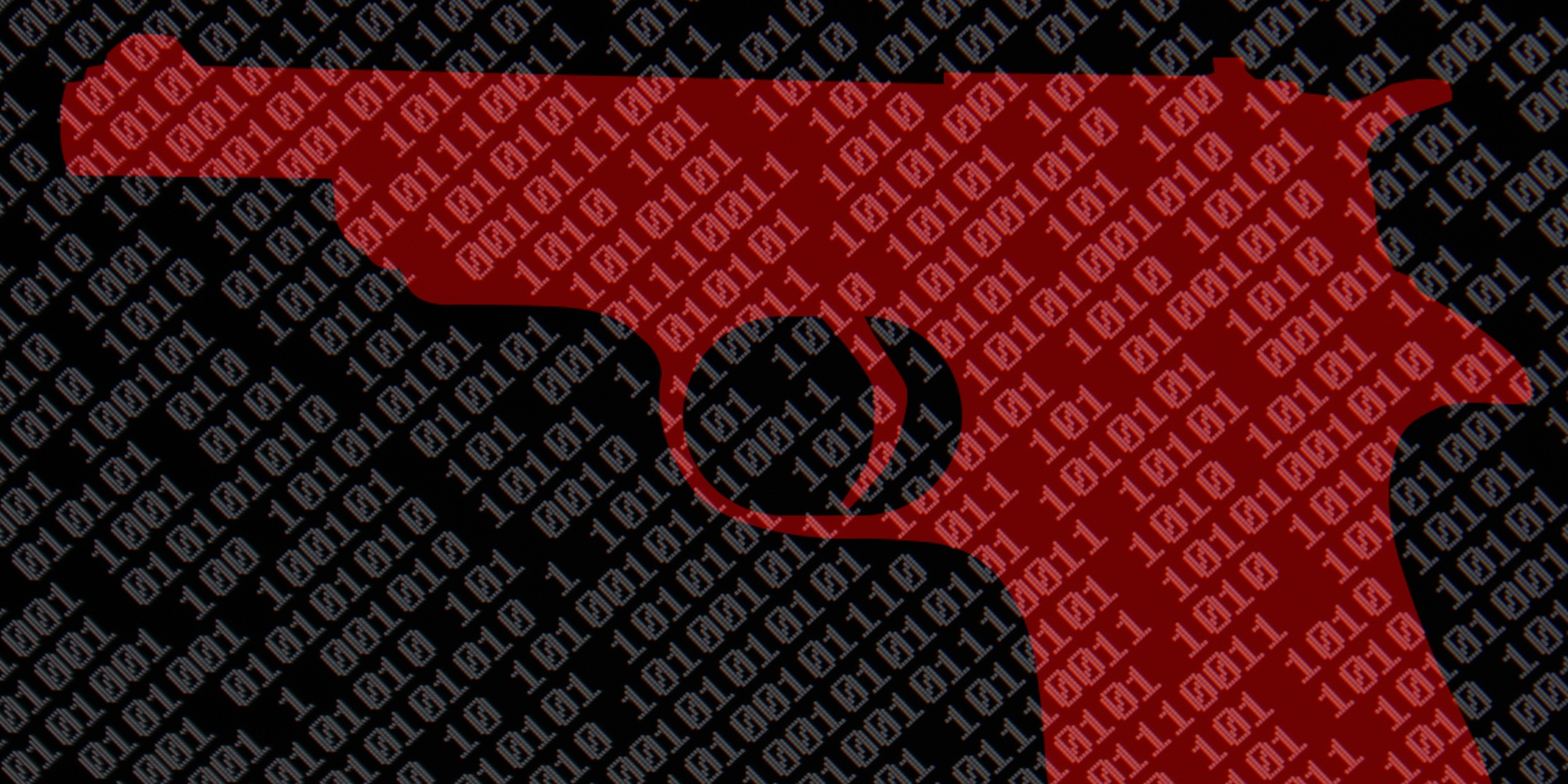Buying guns on the dark web may not be as easy as previously thought by some.

A federal report released last week detailed a covert government investigation into illegal online gun sales, uncovering layers of complexity unaddressed by previous studies.
The Government Accountability Office spent more than two years answering gun ads online to illustrate the loopholes prohibited purchasers exploit to avoid the federal background check process — ultimately discovering the biggest road blocks came from sellers themselves.

Between July 2015 and November 2017, the GAO recorded 79 attempts to buy firearms from private sellers online, according its report released Dec. 21. Only two proved successful — from dealers on the ‘Dark Web,’ a deeper layer of the internet accessed through specific software designed to increase anonymity. The untraceable nature of the Dark Web attracts a range of criminal activity, from drug dealing to firearms trafficking to child pornography.

The 72 potential sales initiated at firearm marketplaces on the surface web — the traditional internet accessed through web browsers like Google and FireFox — all fell through. Some 27 private sellers declined the transaction after the undercover agents disclosed their prohibited status and another 29 refused to ship across state lines. Five transactions failed because the involved website froze agents’ accounts and 11 more sellers ran scams on agents after learning of their desire to circumvent federally licensed firearms dealers.
“In two of these instances, we made a payment and never received the firearm or a refund,” the office said in the report. “In the remaining nine attempted scams, our agents determined that the seller may not be legitimate and therefore did not complete the purchase.”

Undercover agents reported limited success on the Dark Web with the purchase of an AR-15 and an Uzi — advertised as fully automatic — that were shipped across state lines through the United States Postal Service.
The GAO said five of the seven Dark Web attempts failed because sellers stopped communicating with agents, experienced technical difficulties or refused payment from an escrow account.
The office conducted the investigation at the request of members of Congress engaged in the debate about the role of existing gun laws in preventing mass shootings. No recommendations were made.

Everytown for Gun Safety President John Feinblatt lauded the results as further proof of the country’s problem with unregulated gun sales, but criticized the office’s investigation technique.
“Unfortunately, the new paper is only so helpful — GAO undercover investigators took the unusual step of asserting that they were prohibited purchasers, effectively stopping these sales before they could be completed,” he said. “But time and again, Everytown’s research has shown overwhelming evidence that guns are readily available through unlicensed sellers, online and at gun shows, and prohibited purchasers flock disproportionately to those venues to buy guns without a background check.”
The ATF arrested…


